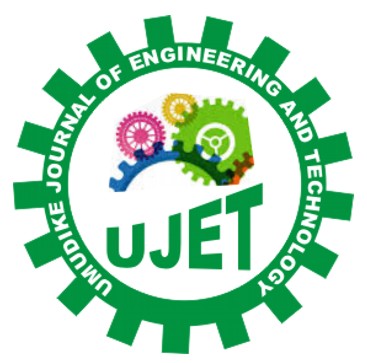|
Ugwuodo, C. B.
Department of Chemical Engineering, Michael Okpara University of Agriculture, Umudike
Itiri, H. U.
Department of Chemical Engineering, Michael Okpara University of Agriculture, Umudike
Emmanuel, I. N.
Department of Chemical Engineering, Nazarbayev University, Astana, Kazakstan
Agbokwor, S. E.
Department of Mechanical Engineering, University of Nigeria Nsukka, Nigeria
Sunday, N. B.
Department of Chemical Engineering, Michael Okpara University of Agriculture, Umudike
Kenechi, N.
Department of Chemical Engineering, Michael Okpara University of Agriculture, Umudike
ABSTRACT
Indigenous soap from
renewable material is a sustainable avenue of soap production. This study
investigated the production of tablet soap from blended local seed oil and
optimized the process. The seed oil was characterized using standard method.
Box Behnken, implementing response surface methodology (RSM) was adopted for
the optimization. The physiochemical analysis results of the blended seed oils
(50% PKO:50% Olive oil) indicated more saponification value and iodine value.
The experimental result showed that the maximum soap yield of 62.75% was
obtained at a palm kernel oil of 12.5g, olive oil of 12.5g and lye
concentration of 37.5%. The statistical analyses of the total fatty matter, pH,
and yield showed correlation coefficient (R2) of 0.723711, 0.855515,
and 0.809104, respectively indicating good predictive capacity. The increase in
palm kernel oil, and lye concentration increases the yield of soap while
increase in the olive oil decreases the soap yield. The optimization result
showed that the optimal total fatty matter of 59.0647, pH value of 10.5153, and
yield of 46.1914 were obtained at the palm kernel oil value of 10.37, olive oil
value of 16.80 and lye concentration of 35.25 with a desirability score of
1.000. The application of RSM helped to
eliminate the time-consuming nature of one factor at a time. This work supports the use of locally
available renewable resources in sustainable soap manufacturing, offering a
cost-effective alternative for small and medium-scale enterprises in developing
regions. By reducing reliance on imported raw materials, this approach
contributes to economic development and environmental sustainability.
Keywords: RSM, Palm kernel oil, Olive oil, optimization
https://doi.org/10.33922/j.ujet_v11i1_11
|
View: 201 | Download: 13
Published
Monday, February 03, 2025
Issue
Vol. 11 No. 1, June 2025
Article Section
GENERAL
The contents of the articles are the sole opinion of the author(s) and not of UJET.
|


